Cooking helps us bond and provides us with a chance to make lasting memories with those we love. For older adults, food is an opportunity to pass down family recipes, share stories, and even sharpen their minds. Despite these benefits, the kitchen can be a dangerous place for loved ones. Understanding these risks can help us better prepare our loved ones’ kitchens for cooking. This will allow them to engage fully and independently in the stimulating, fun-filled activity of cooking!
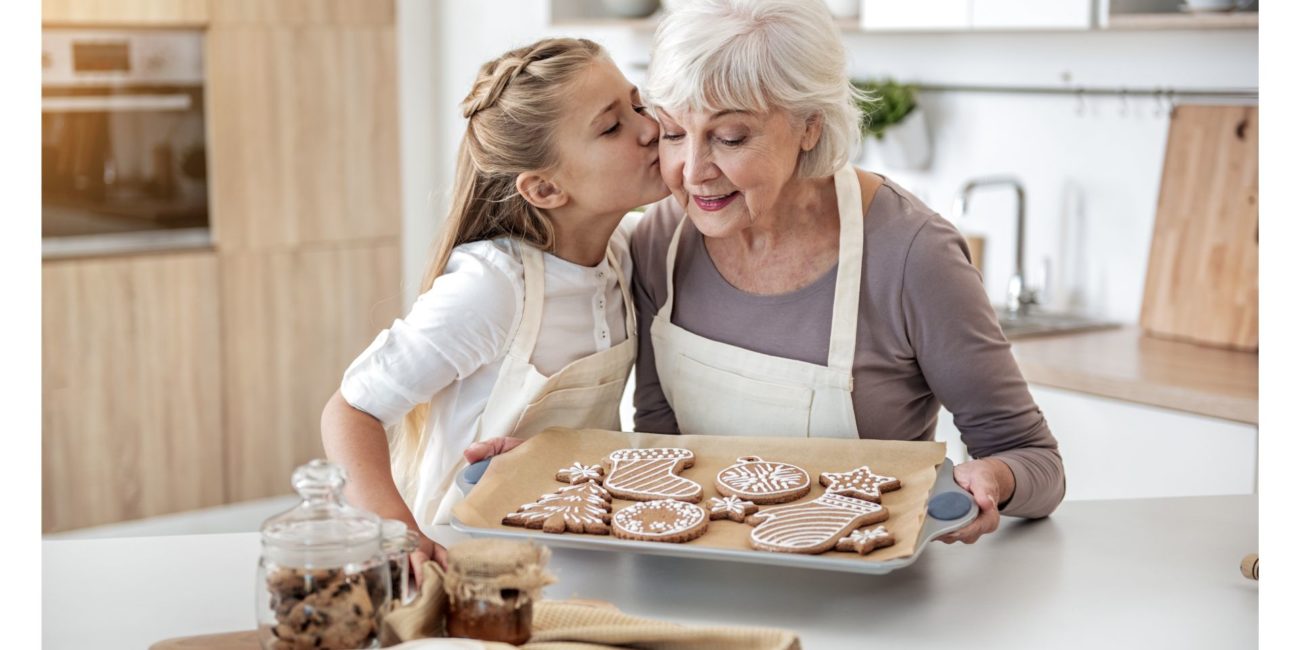
Understanding the Risks of Cooking with Parents
From fires to falls and foodborne illnesses, kitchens can be a minefield. Here’s a kitchen safety checklist to help keep your loved ones safe as they age in the comfort of their own kitchen.
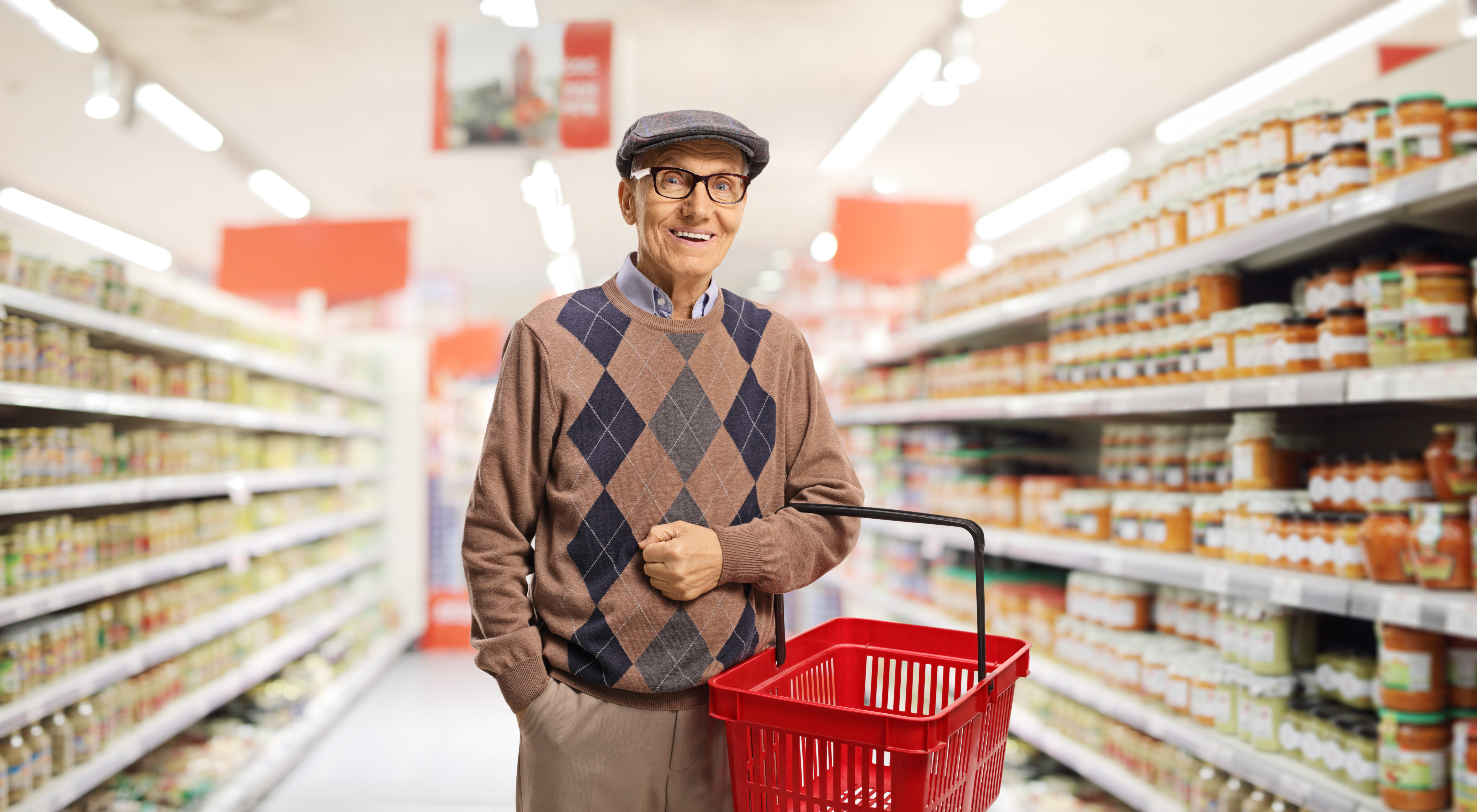
Burns & Fires
Data from the Federal Emergency Management Agency show that adults 65 and over are 2.5 times more likely to die in a kitchen fire. Stoves, ovens, and other appliances may pose an ignition threat. A few quick fixes you can make their kitchen safer and age-friendly.
- Keep towels away from the stove and oven to reduce the risk of them catching on fire.
- Use silicone potholders and oven mitts. This will protect a loved one from burns and help prevent fires from starting.
- Make sure there’s a fire extinguisher readily accessible in your kitchen.
- Set timers for food on the stove or in the oven. If a loved one has difficulty seeing or hearing these alerts, try to ensure the alarm flashes or vibrates.
- If using a gas range stove, consider investing in an electric burner.
- Add labels to on and off switches on all appliances in the kitchen.
- Invest in an automatic stove turn off sensor (with or without timer)
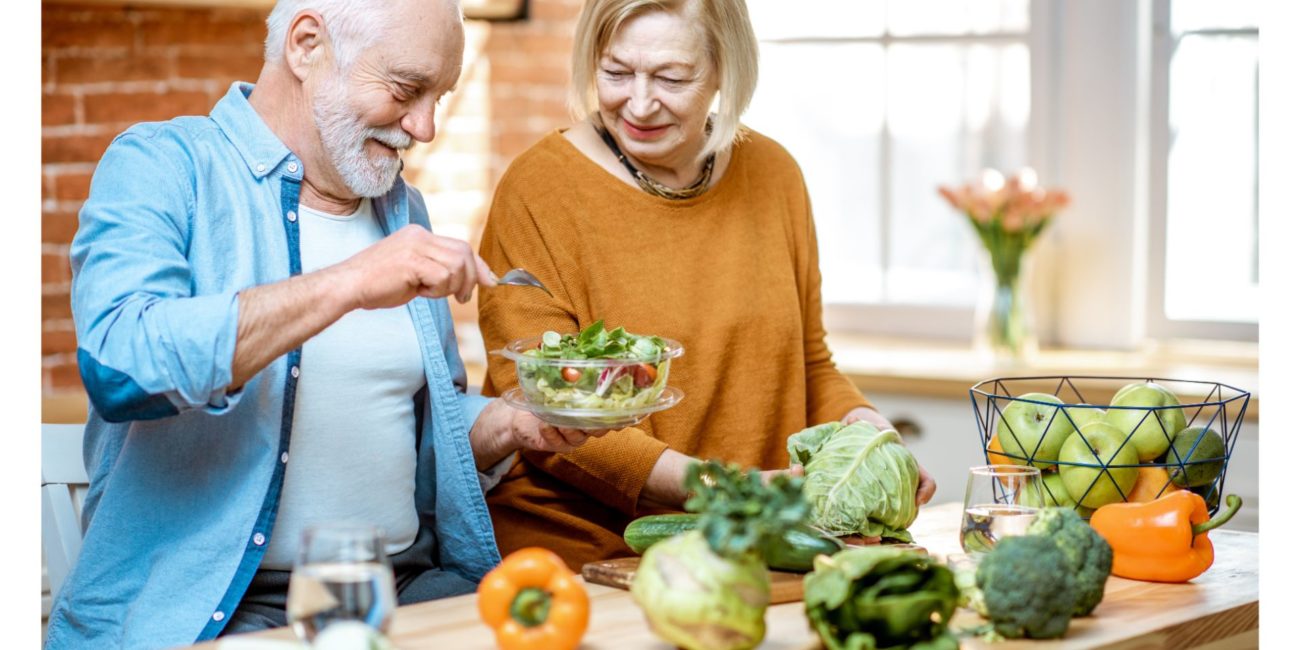
It Can Be Scary to Have a Parent Fall
Cooking can be taxing on older adults due to the physical demands of the work and layout of a kitchen. These tiny hazards can create a significant fall risk.
- Provide a loved one with a chair to use if they become fatigued.
- Clean up any spills in the kitchen right away. Use non-slip mats around the kitchen so a loved one can be safe as they cook.
- Install drawers that close automatically after being opened to make the kitchen more reliable.
- Purchase plastic, unbreakable dishes; if a dish is dropped, it’ll be a safer cleanup.
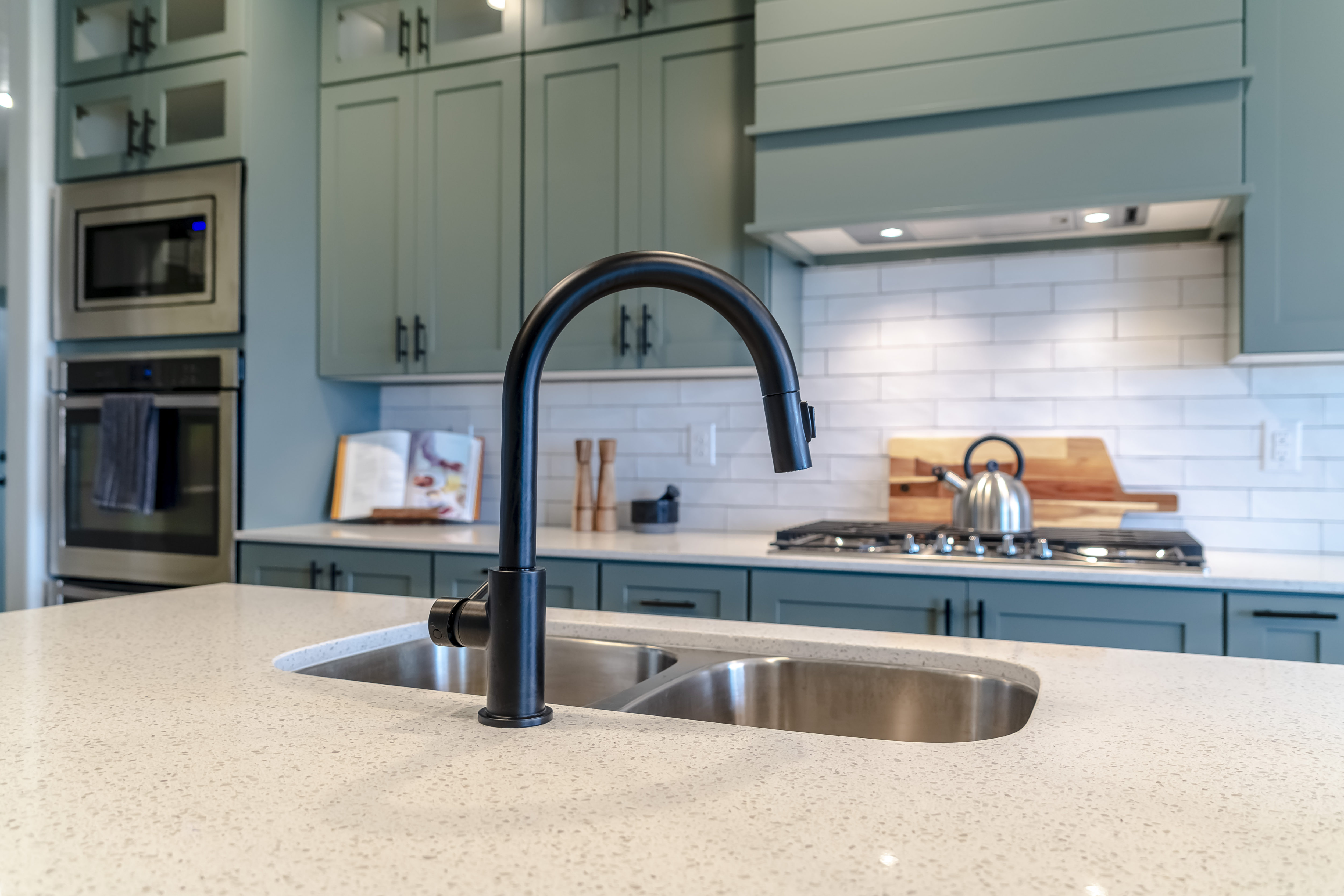
Foodborne Illnesses
Older adults are highly susceptible to germs and disease. In the kitchen, foodborne illnesses can wreak havoc on a parent’s body and put them at risk of new disease and infection.
- Start a habit of hand-washing in the kitchen and encourage a loved one to do the same. An automatic sink with an anti-scald device can allow them to wash their hands in hot water comfortably.
- Be sure all fresh produce is washed and stored away from any raw meats.
- Store food safely in the refrigerator and freezer when not in use.
- Cook foods thoroughly.
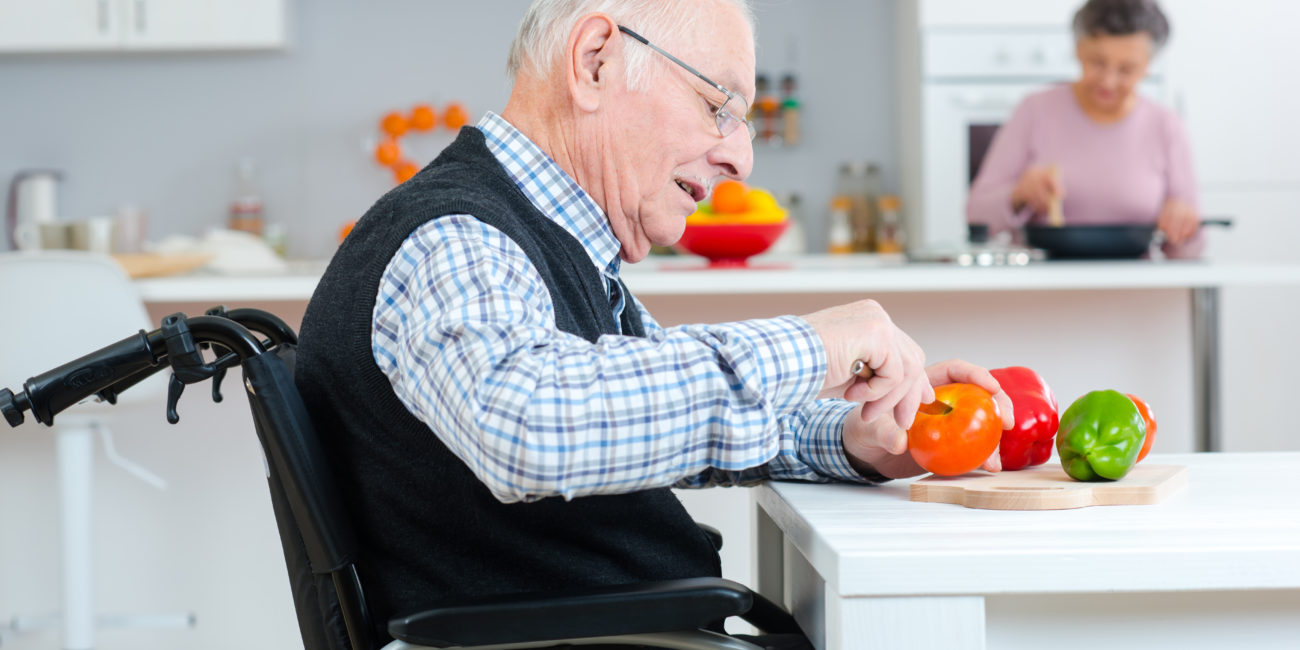
Planned Accessibility
A kitchen isn’t always the most accessible room, especially to someone with disabilities. A kitchen can be made age-friendly with just a few quick changes to the layout.
- Rearrange the cupboards so that commonly used items are within reach and heavier items are at waist level. Consider keeping similar items close to each other, so a loved one has an easier time picking them out of the cupboard.
- Invest in a spiked cutting board so that a loved one can independently chop foods.
- Make sure the kitchen is well-lit to prevent accidents. Motion sensor lights can be installed in cupboards to make them safer and easier to use.


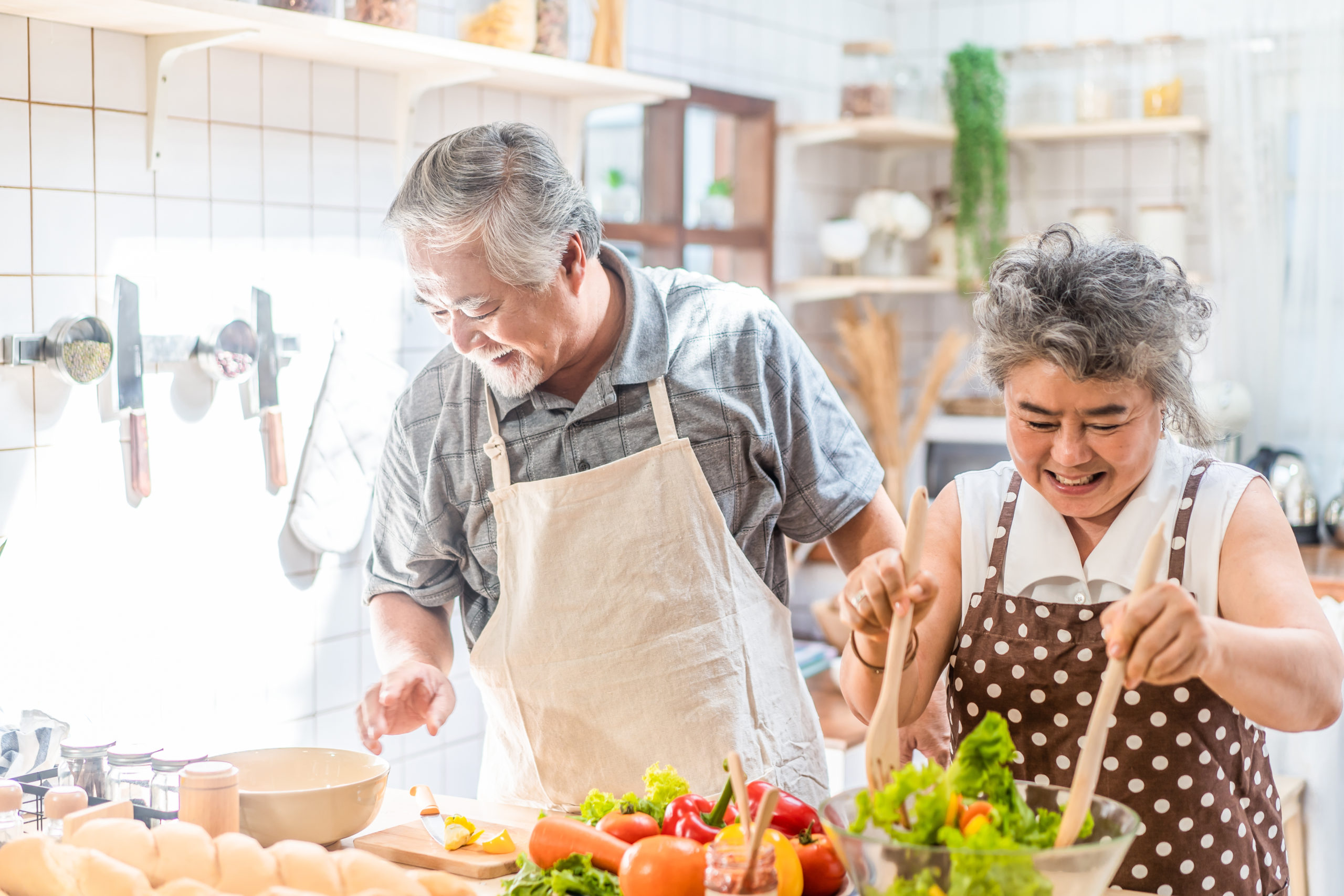
Leave a Reply